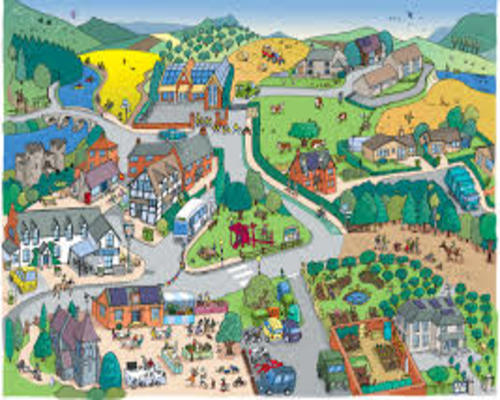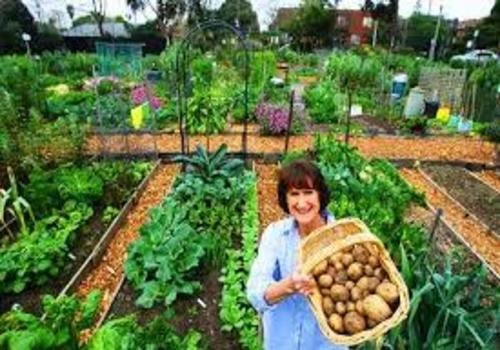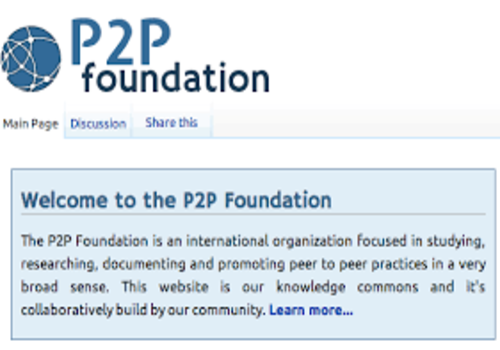Community is a major sources of resilience as it is within community that we, as the people, have the possibility of being nurtured and cared for. Let's unpack this notion of community here to gain a better understanding of the precise ways in which strong community can support the building and maintenance of a better future.

(Image: bulmerfoundation.org.uk)
Firstly, community itself is a source of resilience as when people come together, there is an inherent sense of always having someone with the skills, abilities or the desire to help when it is needed. This is obviously a valuable resource.
As a response to globalisation and commercialisation, community has strengthened in recent years, not in the same way as previously, but through a number of interesting initiatives. We can see this through the development of community hubs of various kinds. Some of these have been created around work, particularly for consultants and people running their own businesses (particularly creative businesses), while others have been centred on co-creation efforts. Either way, they bring people together and offer collective resources, and collectivised assistance for people who wish to create something of value.
The key here is that people are starting to organise into collectivities as a response to a number of social tendencies over the last 40 or so years – individualisation, corporatisation, privatisation, globalisation, and so on. These tendencies act against collectivities, as can be seen with the complete destruction of the trade union movement over the last 30 years.
The key here is that people are starting to organise into collectivities as a response to a number of social tendencies over the last 40 or so years – individualisation, corporatisation, privatisation, globalisation, and so on. These tendencies act against collectivities, as can be seen with the complete destruction of the trade union movement over the last 30 years.

Community Garden (Image: localharvest.org.au)
Other examples of collective organisation in the 21st century are often facilitated through the internet. Messages are passed among members who then meet face-to-face to carry out their activities. For example, many community gardens are organised in this manner, as are a great number of arts events. Furthermore, many of these types of activities are being organised on a micro-basis. In some areas, people are pulling down their fences to create collective spaces for miniature community gardens which are shared among those who have participated in creating the space. In my neighbourhood, my wife has actually initiated an email exchange of people around the area to advise each other of our whereabouts on dangerously high fire danger days (we live in a high danger area for bushfires). This is a collective activity for the benefit of the members which is facilitated through electronic means.

(Image: redefineschool.com)
Other wider collectivities include activities/platforms/programs, such as Shareable (https://www.shareable.net), the Post-Carbon Institute (http://www.postcarbon.org), the P2P Foundation (https://p2pfoundation.net), and so on that are actually undermining the traditional corporate methods of organising society and, in some cases, becoming major players. These are all collective activities based around communities of followers and users.
In essence, community is the cradle of the human being in which one can be carried through life receiving and providing help BECAUSE one is part of that community.


No comments:
Post a Comment